Home Remedies For Dog Scooting
If you’ve noticed your dog dragging its rear across the floor, you’re not alone. This peculiar behavior, known as scooting, can be puzzling and concerning for pet owners. Scooting can indicate discomfort, irritation, or even underlying health issues. Fortunately, many effective home remedies can alleviate the problem. In this article, we’ll explore these remedies in detail and provide helpful tips to keep your furry friend comfortable and healthy. If these are not working effectively then a visit to your local vet to have the anal glands expressed is recommended.
This website contains affiliate links, which means that we may earn a commission if you click through and make a purchase, at no additional cost to you. Our recommendations are based on genuine insights and research.
Why Do Dogs Scoot?
Before diving into remedies, it’s essential to understand why dogs scoot. Here are some common causes:
- Anal Gland Issues: Dogs have two small anal glands that secrete a scent-marking fluid. If these glands become impacted or infected, it can cause discomfort, leading to scooting.
- Parasites: Intestinal parasites, like tapeworms, can irritate the anal area, prompting scooting.
- Allergies: Food or environmental allergies can cause itchy skin, including around the rear end.
- Fecal Matter: Residual feces stuck around the anus can cause irritation.
- Infections or Inflammation: Skin infections, abscesses, or inflammation around the anus may also lead to scooting.
Signs You Should Consult a Veterinarian
While home remedies can be effective, some cases require professional attention. Look out for these signs:
- Persistent or severe scooting
- Swelling, redness, or foul odors around the anus
- Blood in stool or around the anal area
- Excessive licking of the rear end
If any of these symptoms are present, contact your veterinarian immediately.
Home Remedies for Dog Scooting
1. Dietary Adjustments for Better Digestive Health
A well-balanced diet plays a vital role in preventing anal gland issues and reducing scooting. Fiber is particularly important as it helps firm up stools, making it easier for the anal glands to express naturally.
- Pumpkin: Adding a spoonful of pureed pumpkin to your dog’s meals can improve digestion and add fiber.
- Sweet Potatoes: Cooked sweet potatoes are another fiber-rich option that dogs love.
- Sanitarium Weet-Bix Original Wholegrain Breakfast Cereal, High in Fibre. A cube or portion of a cube of Wheet- Bix (size depends on the size of the dog) can add extra fiber to the food and help reduce anal glands filling, helping them express naturally.

- High-Fiber Dog Food: Consider switching to high-fiber dog food. Blue Buffalo Life Protection Formula Natural Adult Dry Dog Food is a popular choice with excellent reviews.
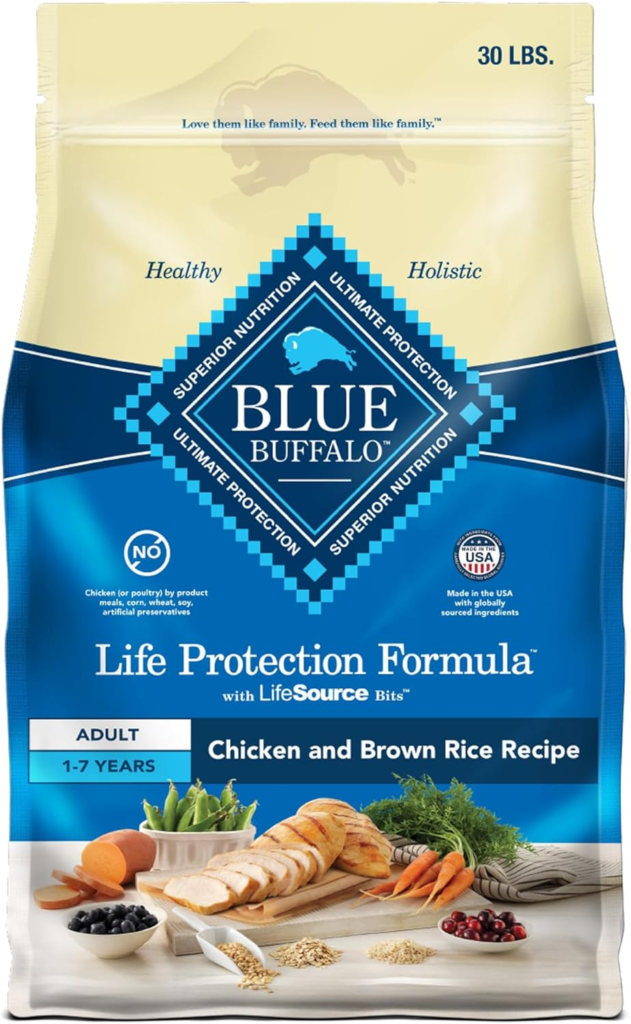
2. Hydration is Key
Dehydration can lead to harder stools, making it difficult for anal glands to express properly. Ensure your dog has access to fresh, clean water at all times. Adding wet dog food or bone broth to their meals can also help.
3. Regular Exercise
Exercise not only keeps your dog fit but also promotes healthy digestion. Daily walks and playtime encourage regular bowel movements, reducing the risk of anal gland issues.
4. Anal Gland Expression
If your dog’s scooting is due to impacted anal glands, you can learn how to express them manually. While it may seem daunting, many pet owners find it easy after a few attempts. Here’s how:
- Wear disposable gloves.
- Place some paper towel or cottonwool into the palm of your hand to catch any expressed anal gland material.
- Gently lift your dog’s tail.
- Locate the anal glands (small sacs at the 4 o’clock and 8 o’clock positions around the anus).
- Apply gentle pressure with your thumb and forefinger until fluid is released.
If you’re uncomfortable doing this yourself, consult a groomer or veterinarian.
Natural Remedies for Soothing Irritation
1. Witch Hazel
Witch hazel is a natural astringent that can soothe irritated skin. Dab a small amount onto a cotton ball and gently apply it to the affected area. Avoid using products with added alcohol, as this can cause further irritation.
2. Aloe Vera Gel
Aloe vera has natural anti-inflammatory properties that can calm redness and irritation. Apply a thin layer of pure aloe vera gel to your dog’s anal area. Make sure it’s free from added chemicals or fragrances.
3. Oatmeal Baths
If your dog’s scooting is caused by itching or allergies, an oatmeal bath can provide relief. Simply grind oatmeal into a fine powder, add it to warm water, and let your dog soak for 10–15 minutes.
4. Coconut Oil
Coconut oil is a natural moisturizer with antibacterial properties. Gently apply a small amount to the irritated area to reduce inflammation and prevent infection.
Addressing Parasites
1. Deworming
Parasites like tapeworms can cause severe itching around the anus. Use a veterinarian-recommended deworming medication to eliminate the problem. Bayer Tapeworm Dewormer for Dogs is a trusted option available on Amazon.
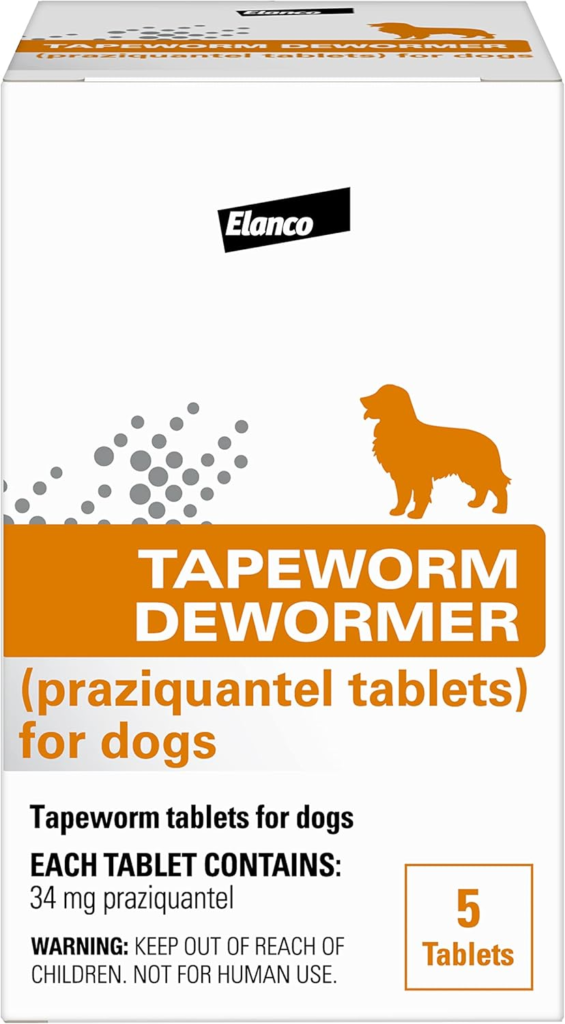
2. Flea Prevention
Fleas are often carriers of tapeworms, so regular flea prevention is crucial. Consider using a high-quality flea treatment like Frontline Plus for Dogs.
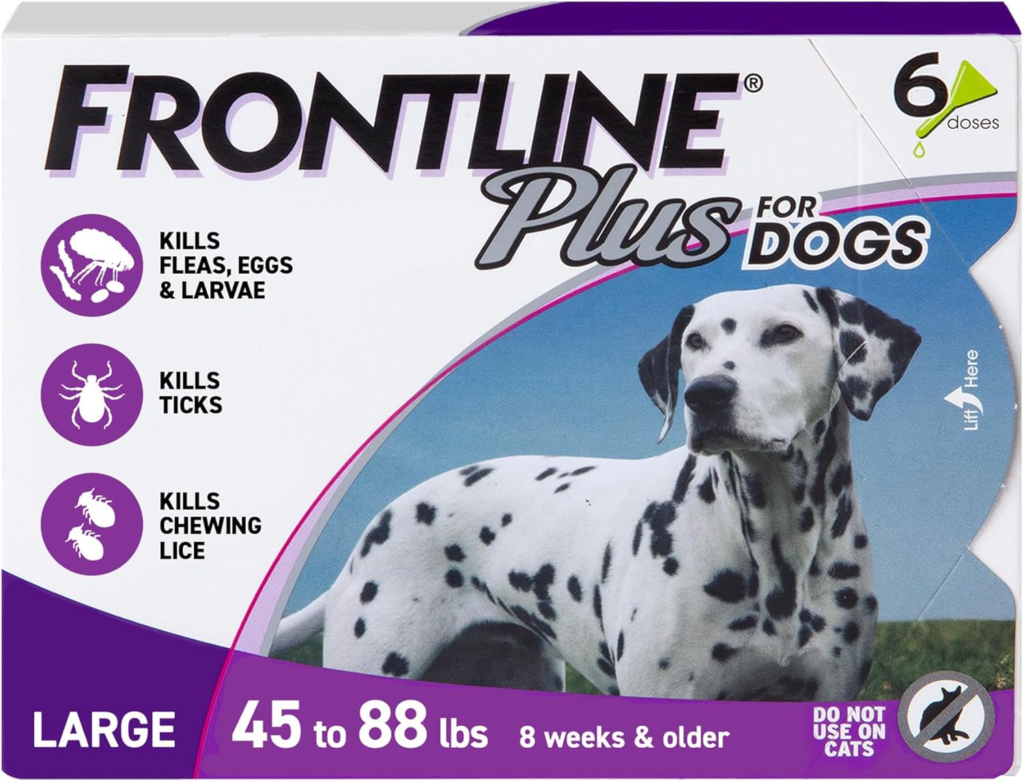
Grooming Tips for Preventing Scooting
1. Keep the Rear Clean
Residual feces can cause irritation and lead to scooting. Use pet-safe wipes or a damp cloth to clean your dog’s rear after bathroom breaks.
2. Trim Fur Around the Rear
For long-haired breeds, trimming the fur around the anal area can prevent fecal matter from getting stuck. Be cautious and use rounded scissors to avoid injury.
Products to Make Scooting Prevention Easier
1. Fiber Supplements
If your dog’s diet needs a fiber boost, try adding a supplement like Glandex Anal Gland Support Soft Chews. These chews are specifically designed to promote healthy anal gland function.
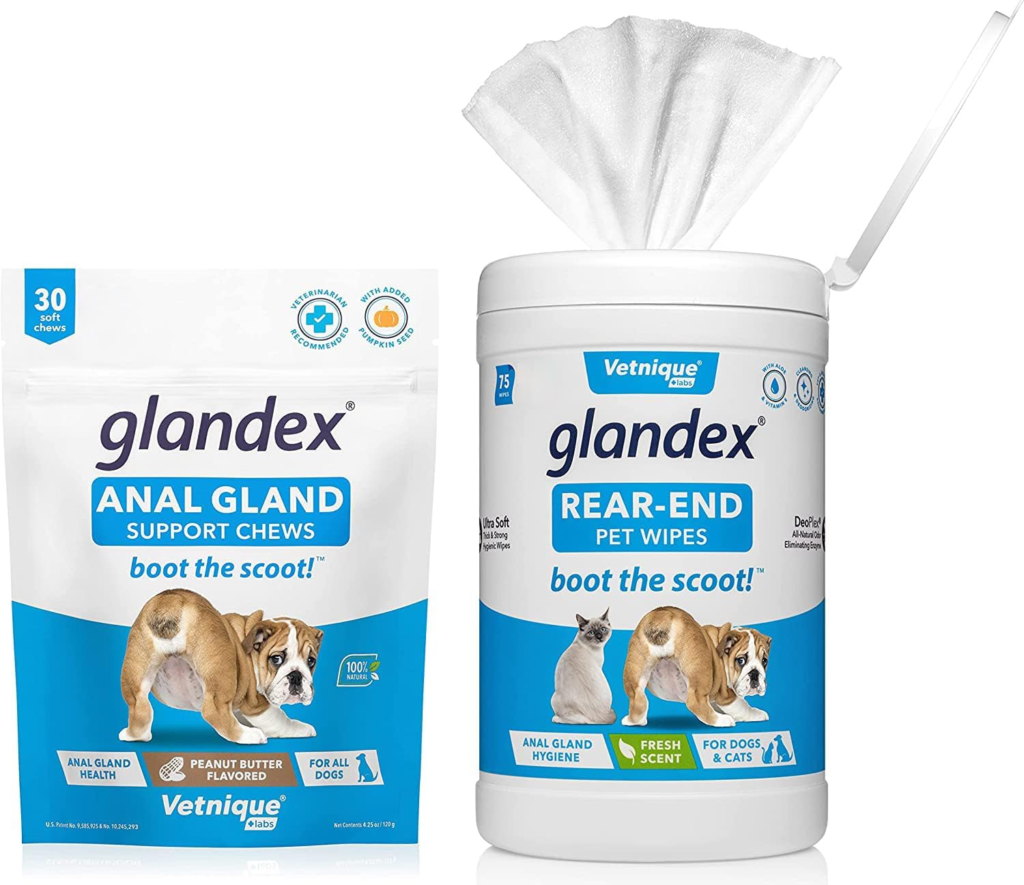
2. Pet Wipes
Pet-safe wipes like Earth Rated Dog Wipes are perfect for cleaning your dog’s rear and preventing irritation.

3. Probiotics
Probiotics can improve gut health and reduce the risk of digestive issues. Consider Zesty Paws Probiotic Bites, which are highly rated by pet owners.
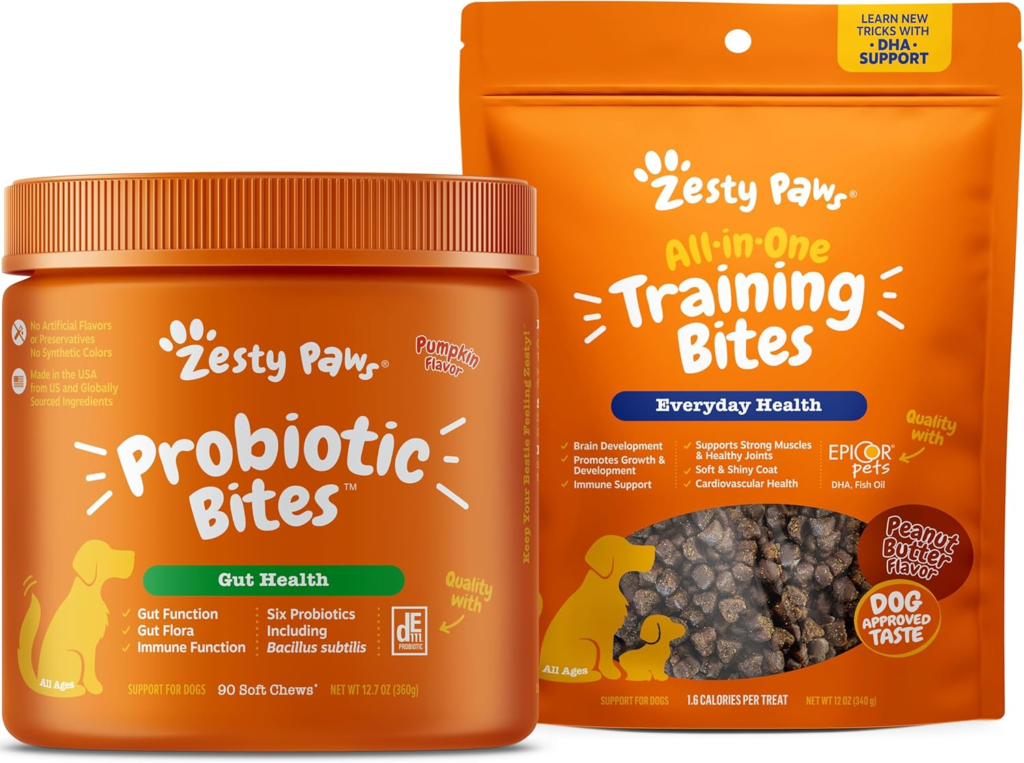
Preventative Measures for Long-Term Relief
1. Regular Veterinary Checkups
Routine vet visits can catch potential issues early, preventing serious complications that lead to scooting.
2. Weight Management
Overweight dogs are more prone to anal gland problems. Maintaining a healthy weight through proper diet and exercise is essential.
3. Monitor Allergies
If you suspect your dog has food or environmental allergies, consult your vet for testing. Switching to hypoallergenic dog food can make a big difference.
When to Seek Professional Help
While home remedies can work wonders, certain situations require professional intervention. Consult your veterinarian if:
- Scooting persists despite trying remedies
- Your dog shows signs of pain or distress
- You notice unusual discharge or odors from the anal area
Final Thoughts
Scooting is your dog’s way of signaling that something’s wrong. By identifying the root cause and trying these home remedies, you can provide much-needed relief for your furry companion. From dietary adjustments and natural soothing solutions to helpful products like Glandex and Bayer Tapeworm Dewormer, there are plenty of ways to address this issue effectively.
Remember, your dog’s health and happiness are worth the effort. With the right care and attention, you can keep scooting at bay and ensure your pup feels their best!

